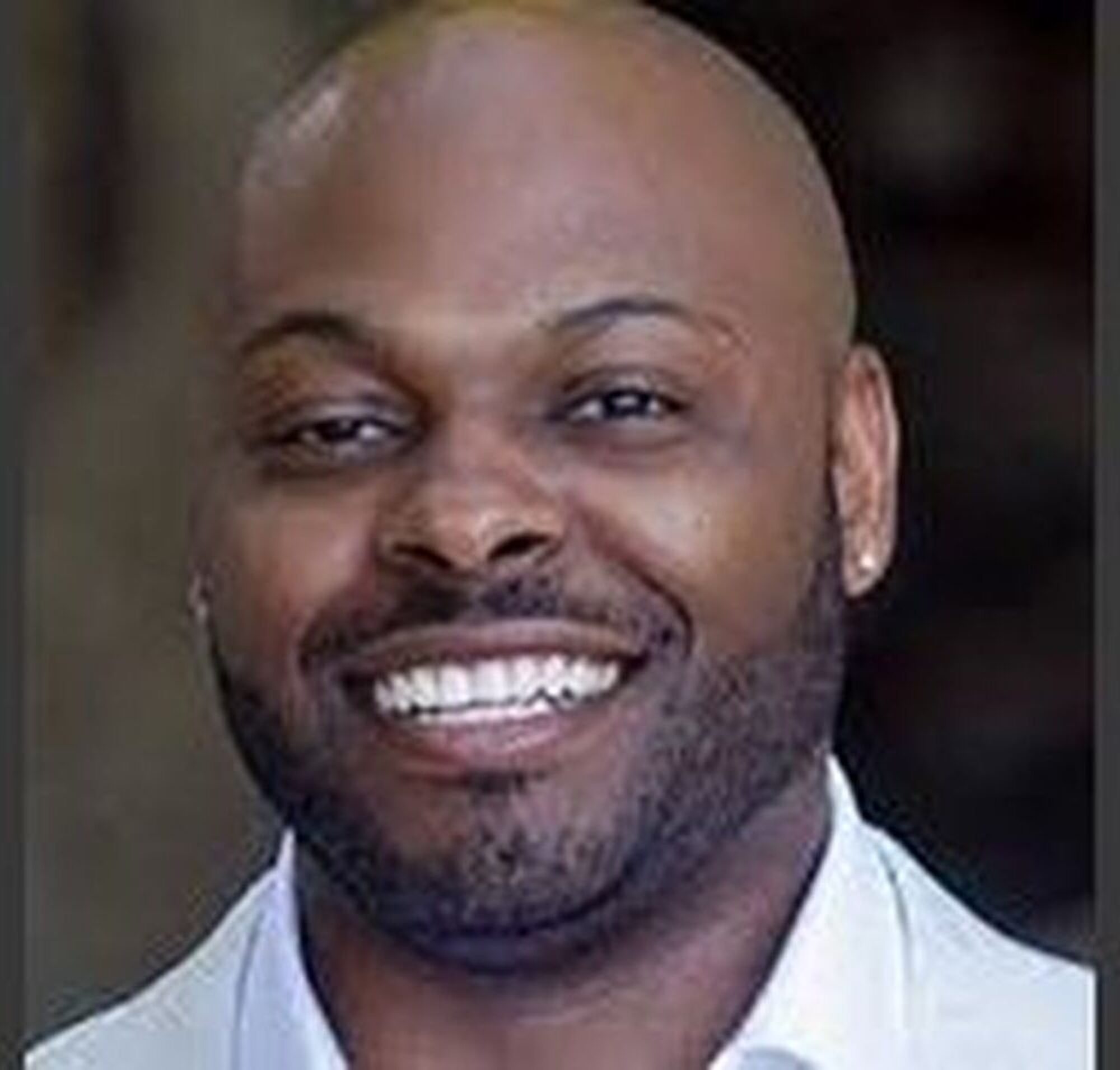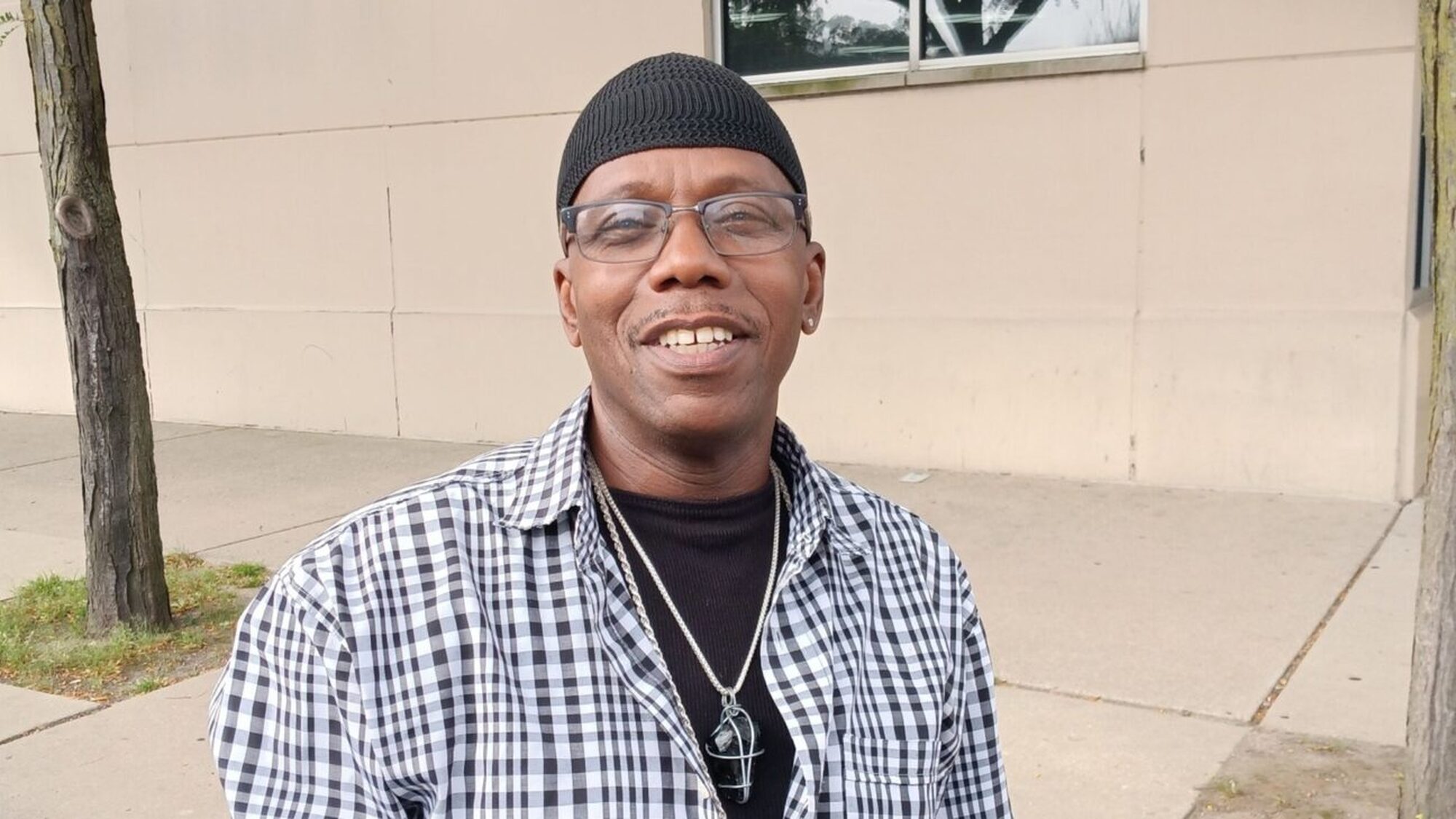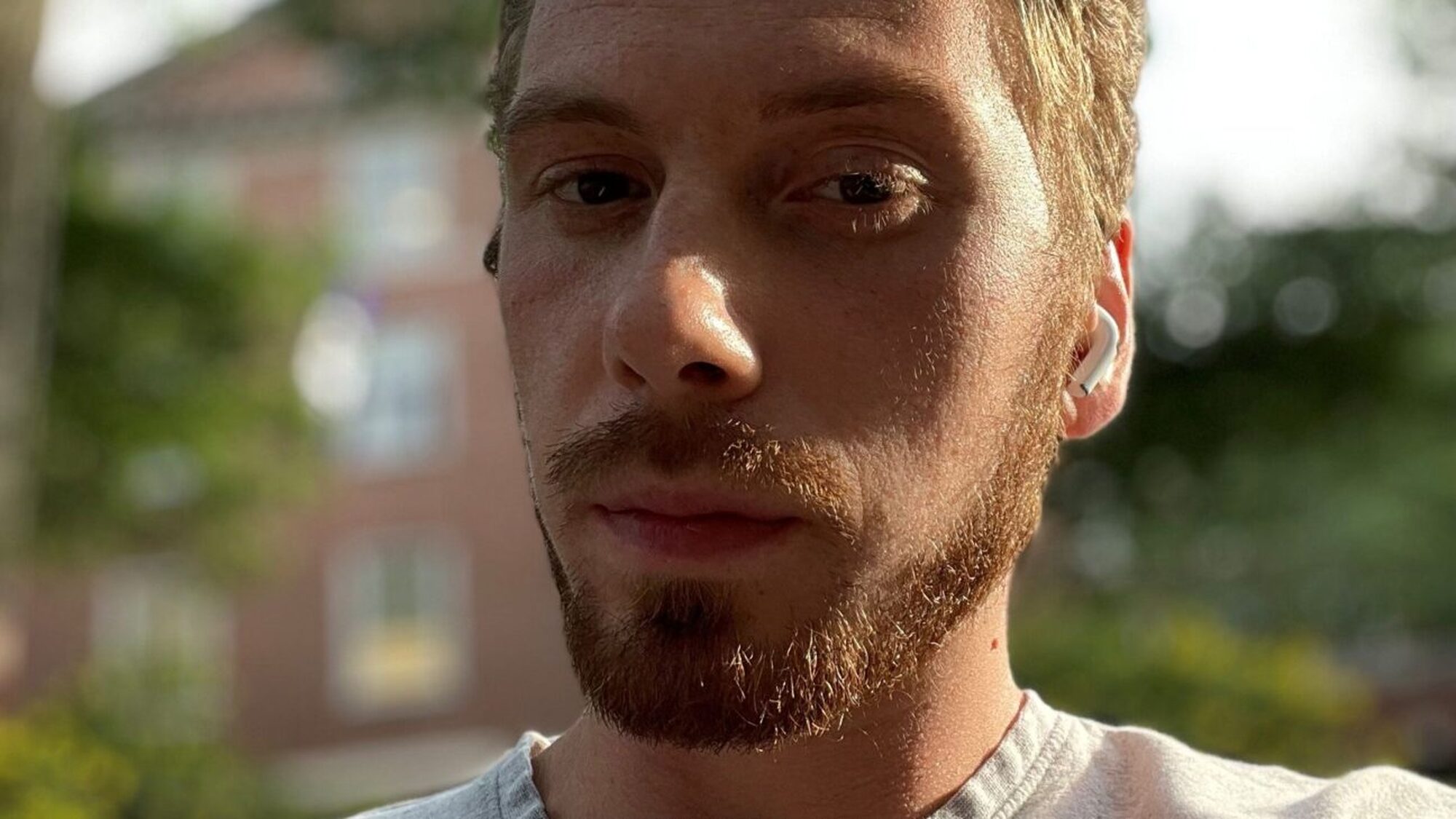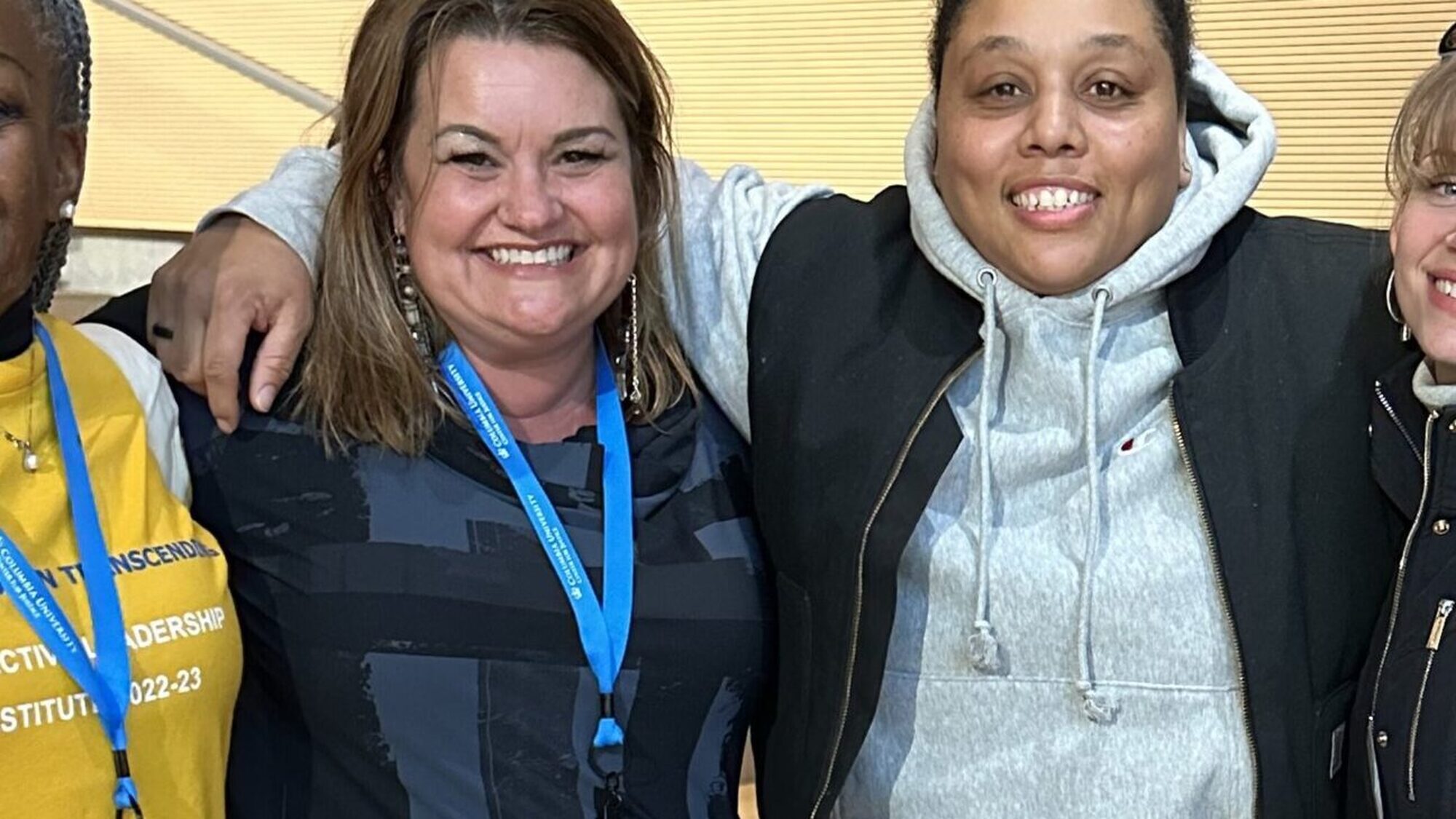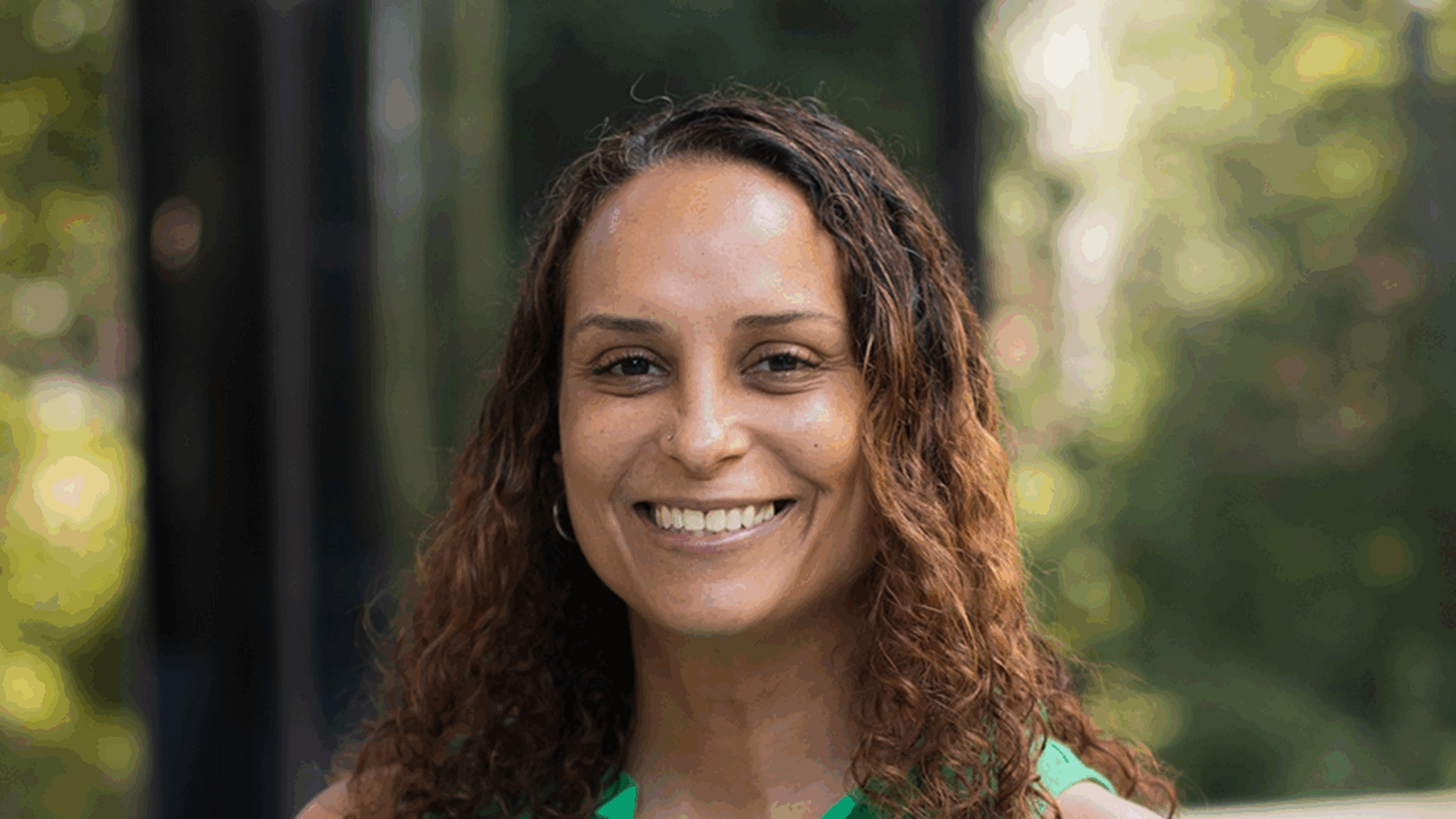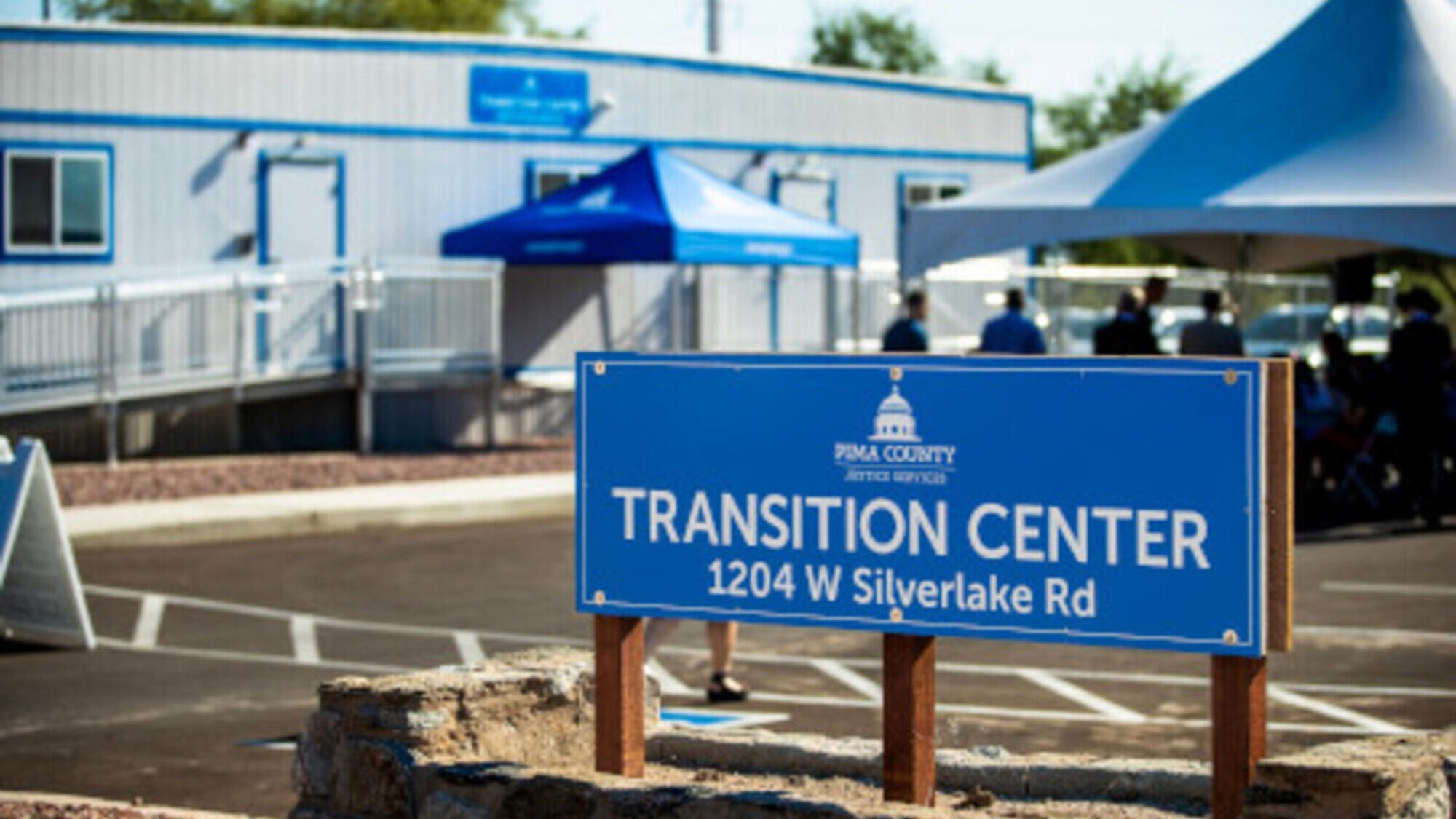Michael Walker is the Beverly and Richard Fink Professor in Liberal Arts at the University of Minnesota-Twin Cities. He studies and teaches many topics, including inequality, race relations, incarceration, and the emotional and temporal dimensions of punishment. His award-winning book, Indefinite: Doing Time in Jail, draws upon Professor Walker’s personal experiences of pretrial detention in a southern California jail.
Professor Walker is a member of RTI International’s APPR Advisory Board. In a conversation with members of RTI’s Racial Justice and Community Engagement Committee, he explained how he came to write this groundbreaking book and what his analyses can teach us about pretrial incarceration.
RTI: You have noted that John Irwin’s book The Jail (published in 1985) was the last major study of American jails written by someone who had been incarcerated. How did you come to write Indefinite?
Professor Walker: I wasn’t interested in criminal justice at all when I was in graduate school. After my first arrest, Professor Scott Brooks encouraged me to write about the night I’d spent in jail, but I wanted nothing to do with it. I finished my first year of grad school without any other issues.
During my second year of grad school, I was arrested and jailed two more times. The third time was on my birthday: that morning I set myself up for a positive day, went down to the courthouse to pay some old traffic fines – and got arrested on an outstanding warrant that I didn’t know about. I didn’t have any holds, and I was released after about ten days. My son and I were evicted from campus housing, and I was expelled from the university. The upshot is that I still had to attend court for that case, and I eventually agreed to a 180-day sentence of which I had to do at least 120 days, and that’s what I did. When I came home from jail, I had no job, no money, no prospects, and I had to live with my mother who was caring for my son. I was fortunate to still have people in my life who believed in me, and I was able to get readmitted to grad school.
Even though I had taken notes on what I observed and thought about while in jail, I didn’t automatically treat what I’d documented as “data.” It took a lot of soul searching and many conversations before I decided to use my time in jail as the focus of my doctoral dissertation.
RTI: The word “indefinite” communicates uncertainty. Why did you choose this title?
Professor Walker: Uncertainty is what underpins the entire jail experience. It’s highly routinized and at the same time it’s highly unpredictable. When I went to jail for what ended up being 120 days, my public defender told me that I would be there for 72 hours. He said that no one stayed long because the jails were overcrowded, and that I qualified for a release program for people with non-violent charges.
I will never forget telling others in the holding cell that I was going to get out soon and everybody laughing at me, saying, “You’re not going nowhere! We were all told that!” You can be in jail awaiting trial for a much longer time than the average person thinks. One guy whom I call Ken in the book had been in there three and a half years. Ken had also been told he’d be released quickly, but his case wasn’t adjudicated until right before I got out.
RTI: What do you think is important for people who make decisions about pretrial detention to learn from your book?
Professor Walker: When you’re held in jail, you spend this incredible amount of time locked up in this really deplorable set of conditions, and when it’s all said and done, there’s nothing. There’s no culmination of any sort, there’s no greater, deeper figuring out of yourself. I remember driving home after my release with my mother and my brother and thinking, “This is it?” There was no farewell, there was no, “Hey, you learned something,” there was no lesson to have been learned.
It was just a series of really terrible experiences that seemed totally arbitrary, totally disconnected from the idea of being innocent until proven guilty.
There’s a feeling of ‘I don’t have to explain anything to you’ that carries over for every experience in jail. When you go to court, you show up, you’re there in front of a judge for 10 seconds, you say nothing other than ‘I agree’ or ‘I disagree.’ Your lawyer or your legal representative speaks for you, they speak around you like you’re a plant in the room, or the way we would speak around children. So, you are reduced in that regard and sort of degraded.
After court, you go back to your cell, and you’re forgotten about. You realize that you’re unimportant and that your guilt has already been assumed. And since guilt is assumed, then there’s an idea that you’re already deserving of whatever terrible thing happens to you while you’re in jail. You have this incredibly opaque system that doesn’t want anybody to know what’s going on, but everyone has an assumption that bad things are going to happen to you and it’s okay. It’s justified because we assume you to be guilty. Even though we know that over 70 percent of people that are in jail haven’t yet been adjudicated for whatever crimes they’ve been charged with.
“You realize that you’re unimportant and that your guilt has already been assumed. And since guilt is assumed, then there’s an idea that you’re already deserving of whatever terrible thing happens to you while you’re in jail.”
RTI: Indefinite has a strong focus on the need for mental health treatment for people who are in jail – and for people who wind up in jail when they aren’t provided with treatment. What motivated you to make these issues so central?
Professor Walker: If you know anybody who’s Black and male with depression, you know that mental health treatment is not something that we just think about. The way that I handled depression prior to my arrest was to think, “This is not something that I’m supposed to have.” It was hard to talk about these issues at that time. I didn’t want to bring depression up when explaining my behavior because to me it sounded like an excuse, instead of a reason.
Prior to jail, I didn’t know other people who were accessing mental health services. But in jail, I learned that it was normal to ask for treatment. What I got was not actual mental health treatment from a professional – there was only one psychiatrist on staff, and he just prescribed me medication. But I got a friendly and empathetic ear from a nurse there, and I developed friendships with other men who were in the mental health holding cells because they wanted help too. These holding cells became a place where I could just be myself: you could cry, you could talk about a terrible dream, you could talk about your kids, you could talk about your wife if you had one, your family, or whatever you had going on in your life at that time. And that was an incredibly important space for us.
The problem, of course, is that jail doesn’t actually replace the mental health institutions that we divested from in the 60s. Suicide is the number 1 cause of death in jail, and we really should be talking about that. We have to remember that jails are not designed to improve the lives of the people held within them, and jails and psychiatric or psychotherapeutic treatments are at cross-purposes. Without adequate community resources for mental health, we often wind up jailing people without providing them with adequate treatment.
RTI: You bring together the expertise of someone who was held in jail and the analytical lens of a professor of sociology. What recommendations do you have for those of us who care about criminal legal system reform?
Professor Walker: We need everyone to remember that people who have been arrested are community members. It’s very easy to forget that these are fathers, these are mothers, these are somebody’s aunt, somebody’s daughter, somebody’s cousin, somebody’s somebody. And if systems can objectify them and treat them as if the worst thing they did is in fact who they are at their essence, then people working in systems aren’t required to think about their humanity. And therefore, systems are not thinking about policies that address their humanity.
I’m often asked about policy interventions, and I rarely think I give a good answer. Part of the problem is that I believe the current criminal justice system rests on values that cannot be upended through policy changes. We need a complete revolution of values to bring about real change. We see this at every stage of the criminal justice system: from policing to jails to courts to prison to reentry. American criminal justice is one deleterious set of laws, policies, and practices after another, and they’re all founded on values that permit and even promote dehumanization. So, I am less optimistic than I’d like to be about potential policy interventions.
However, there are some small things that could be done that would greatly improve the lives of penal residents. There’s no good reason to not have a food schedule that mirrors a 9-5 work schedule. There’s no good reason to have lights out time in some general population housing units and to never permit the lights going off in other units. Not subjecting penal residents to arbitrary disruptions to their sleep hygiene would be a significant improvement in the lives of penal residents. We could do something about how long people await trial while in jail. That is, we could be stricter with the right to a speedy trial, so that years of time don’t roll by while a person struggles in jail without a trial or some other conclusion to their case.
I tend to suggest that everybody affect their sphere of influence, whatever that is. Some people should march. Some should write letters. I teach. I try to do research that is revealing and critical. Others will donate money and other resources. Voting is low hanging fruit. If we are all working within our spheres of influence—some policymakers and some showing the slow patience of transforming how their peers understand criminal justice—we can ultimately start to see some of the changes we’re most interested in.
Timelessness in Jail
There are no clocks in jail, you don’t know when you can leave, the lights never go off, and you can’t see natural light. As you lose track of time, you struggle to get a sense of when am I? Not just where am I – you need to get a sense of what time it is because that helps to regulate how you understand yourself and how you understand others. In jail, you start to regulate your life by events because you don’t have a clock. So for example, you know that three meals equal one day. Or that every time you have a court date, three months have passed. When we’re out here in free society, we have a sense that our time is precious. People say things like, “time is money,” or, “don’t waste your time.” When you’re in jail, it’s penal time and it’s thrust upon you. You don’t own it, you can’t use it, you can’t waste it, you can’t get more of it. And it becomes a task that you have to do. It feels like this personified, objectified thing that you have to fight.
This interview has been edited for concision and clarity.

